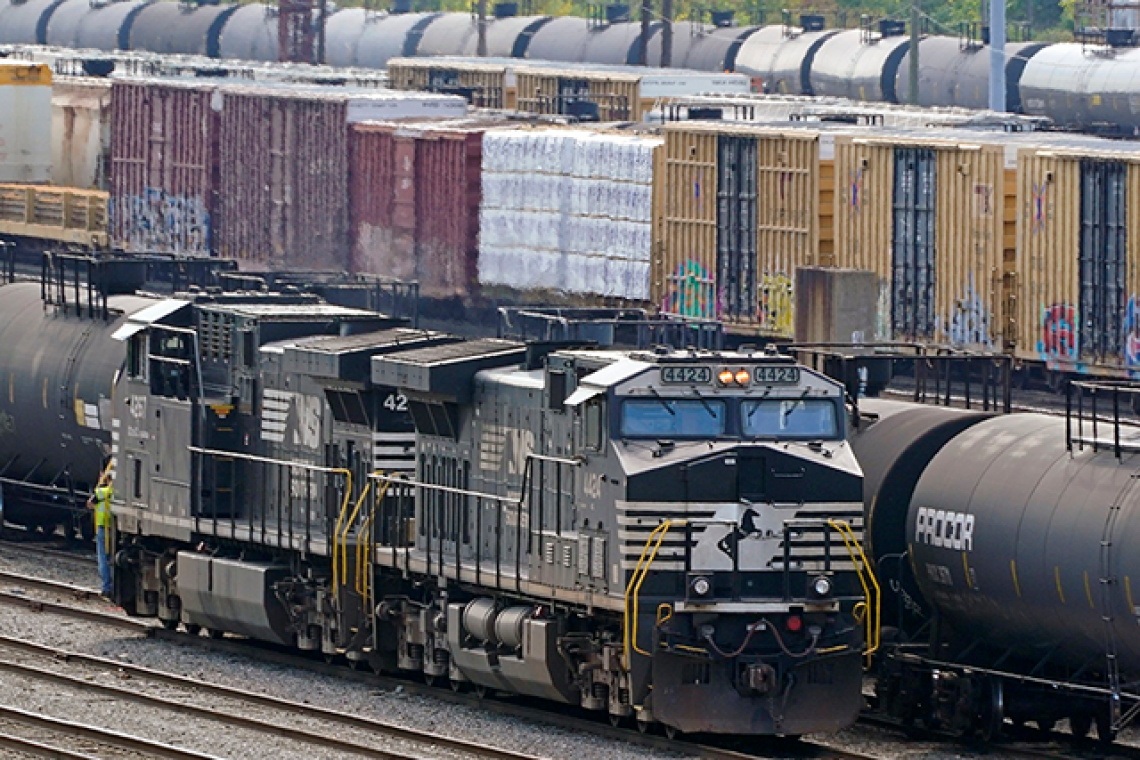A national freight rail strike is viewed as increasingly inevitable as four rail worker labor unions have rejected a tentative agreement with rail companies.
In September, Secretary of Labor Marty Walsh brokered a tentative deal between rail unions and rail carriers while President Joe Biden and Transportation Secretary Pete Buttigieg were out of town. Union concerns centered around sick time and scheduling, and Walsh’s work appeared to have avoided a strike that had the potential for far-reaching consequences on the American economy. However, the deal has fallen to pieces, and the clock is ticking as a December 9 strike looms.
On Monday, members of SMART Transportation Division, the largest rail union involved in September’s negotiations, voted against the agreement, as Bloomberg Law’s Ian Kullgren reported. Three other unions rejected the proposed agreement as well, while seven unions had agreed to the terms.
If the rail companies and unions fail to broker a new deal, Congress could “intervene and impose contract terms on railroad workers,” as it did during the last rail strike in 1992, the Associated Press reported. If neither potential solution materializes, a strike would take effect early next month. In that scenario, American consumers could be plagued with far-reaching economic turmoil, and Congressional intervention would become increasingly likely.


